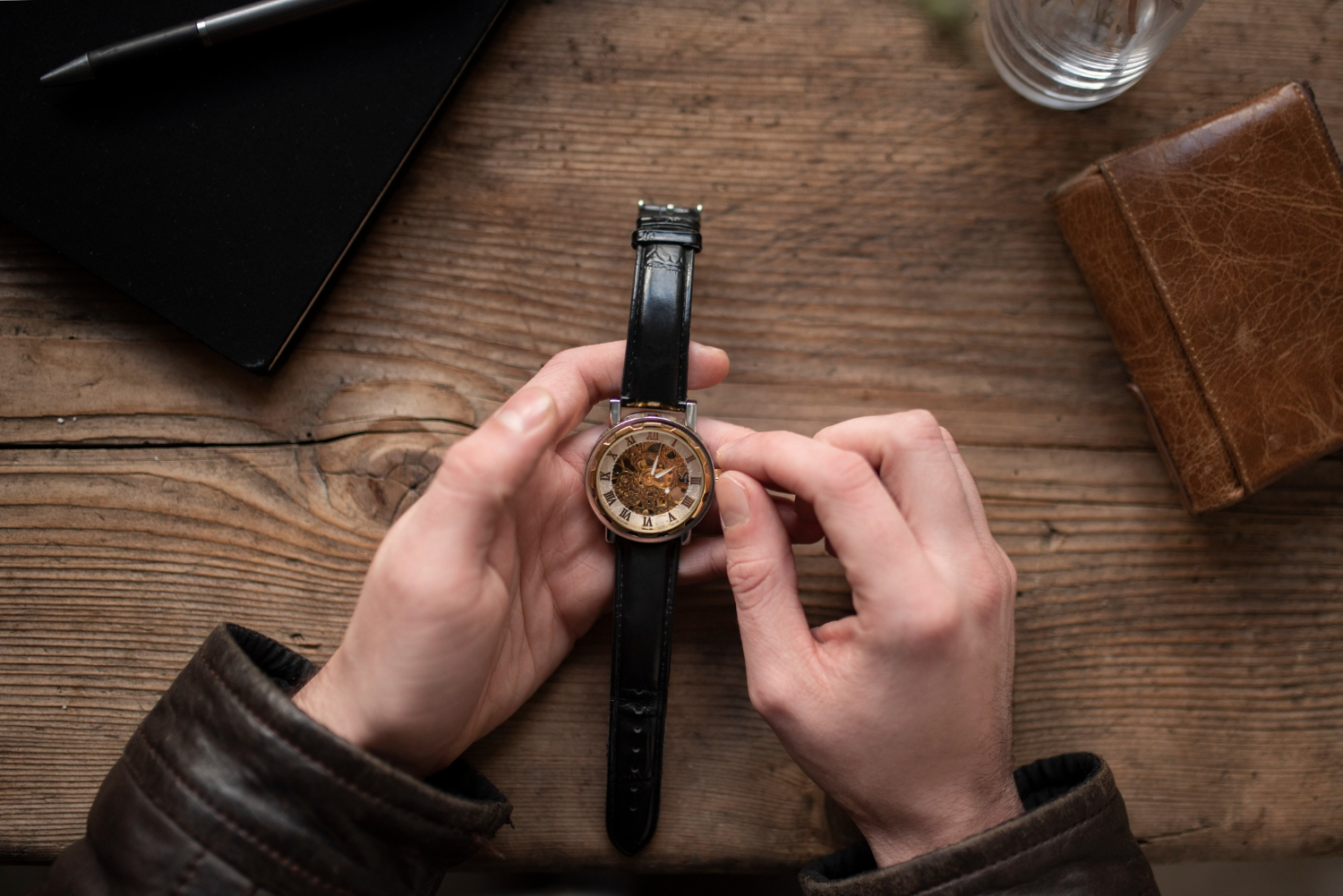
Antique and vintage watches are not just clocks they’re history. If it’s a treasured family heirloom or a whimsical collector’s treasure, such watches require special care and gentle touch when cleaning. Harsh chemicals or improper technique might end up damaging sensitive parts, thus learning how to do’s and don’ts in preserving their originality and functionality is important. In this article, we guide you through the proper way of cleaning vintage watches with the proper watch cleaners and tools.
Why Special Care Is Needed for Vintage Watches
Unlike modern timepieces, vintage watches often use materials and movements that are no longer in production. The metal may be softer, seals less resistant, and the internal mechanisms more vulnerable to moisture or dust. Additionally, the value of these watches—both sentimental and monetary can be affected by over-cleaning or improper handling.
Tools and Watch Cleaners You’ll Need
Before getting started, gather the following tools:
Soft microfiber cloth
Soft-bristle brush (detailing brush to fit your specific watch, or baby toothbrush)
Watch cleaning solution (alcohol-based, gentle; avoid ammonia- or vinegar-based cleansers)
Blower or dust bulb
Wooden toothpick (to crevices, if required)
Optional: Magnifying lens for watchmaker
Step-by-Step: Cleaning Your Vintage Watch
1. Evaluate the Condition
Before cleaning, inspect your watch carefully. Check for peeling paint, cracked crystal, loose hands, or rust patches. If the watch is very expensive or badly damaged, take it to experts instead.
2. Remove the Strap or Bracelet
If your watch has a leather strap or metal bracelet, try removal. Leather straps can be cleaned separately under a leather conditioner professional, and metal bands can be cleaned more thoroughly without the watch head.
3. Dust and Debris Removal
Blow loose debris off the dial rims, lugs, and watch case using a dust blower. A soft-bristled brush can be used to brush out dust in inaccessible areas.
4. Gently Wipe the Surface
Soak a microfiber in your preferred watch cleaner—it should be a mild jewelry or watch cleaner. Carefully wipe the case, never across the crown or crevices. In case crevices have to be wiped away, use a toothpick (wrapped in cloth).
5. Polish the Crystal (Optional)
If the watch has an acrylic crystal, eliminate tiny scratches with a plastic polish. Glass or sapphire crystals require professional compounds handle with care.
6. Don’t Touch the Movement
Never, ever open the case back if you’re not a professional watchmaker. The inner movement of an old watch is fragile and should be cleaned and oiled only by professionals.
7. Clean the Strap Independently
Leather: Wipe with a cleaner specifically designed for use on leather and condition afterwards.
Metal: Soak in warm, soapy water (if can be removed from the head of the watch) and brush gently with a toothbrush, rinse, and dry.
General Advice on Maintenance in the Long Term
Keep your antique watch in a padded dry case.
Never expose it to water, perfumes, or high humidity.
Wind the clock periodically if it is mechanical.
Have it serviced by a watchmaker every few years to maintain the movement in good health.
Conclusion
Cleaning an antique or vintage watch is a delicate process that needs the proper tools and a light touch. The proper watch cleaners and techniques can make your timepiece look its best and be worth something for generations to come. If unsure, have the expert watchmaker keep your valuable collective in top condition.